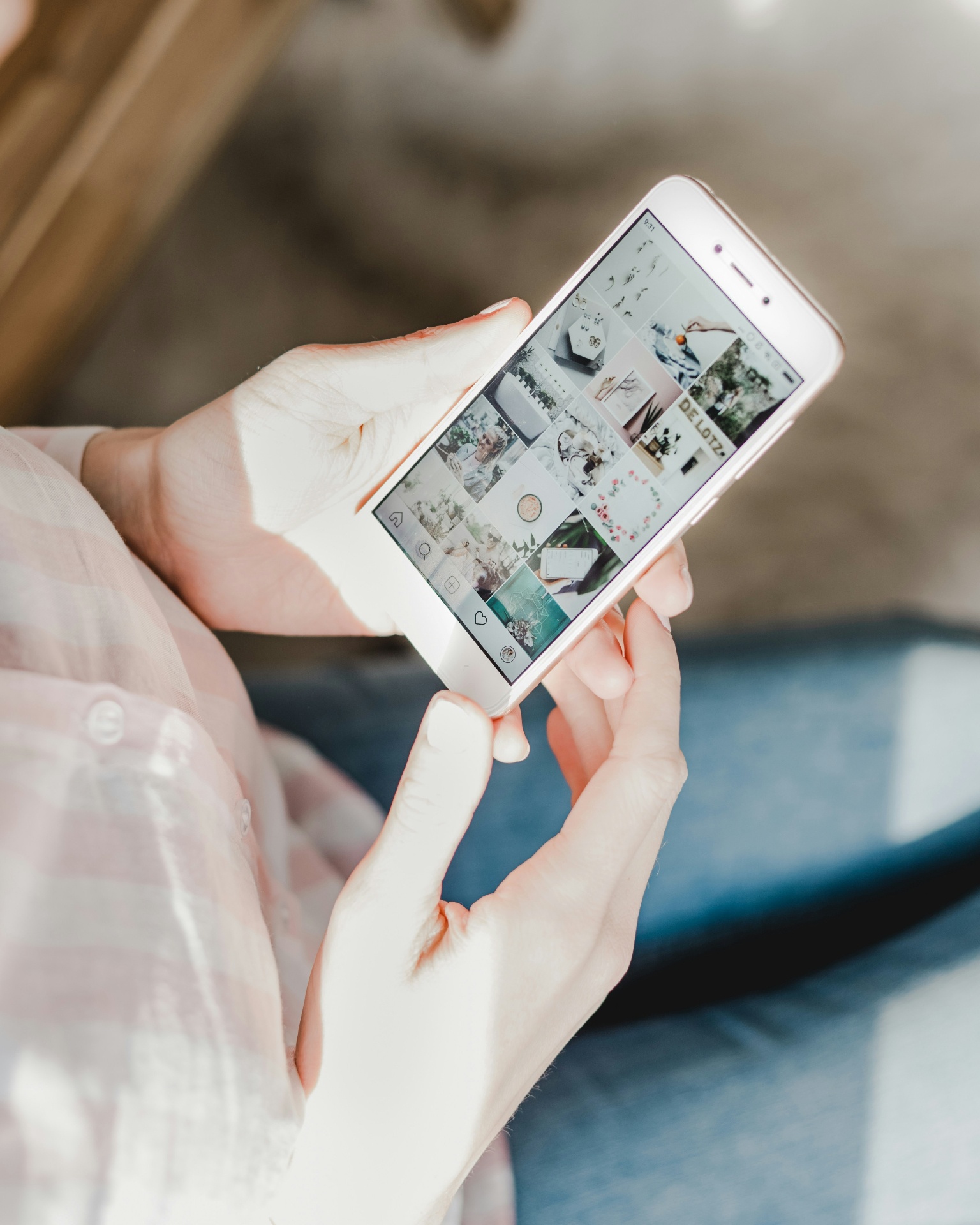“Phubbing” and the Silent Killer of Connection

You’re in the middle of telling your partner about your day—the frustrating part, the exciting part, the part you’ve been waiting to share. You look up for a reaction and see it: their eyes are glazed over, fixed on the screen in their hand. Their thumb is moving in a steady, hypnotic scroll. You trail off, mid-sentence. The moment is gone.
You’ve just been “phubbed.”
It’s a modern term for an ancient wound: being snubbed for something else. A portmanteau of “phone” and “snubbing,” phubbing describes the act of ignoring someone in a social setting to look at your phone. And while it may seem like a minor annoyance, at Relevant Connections Counseling, we see it for what it truly is: a silent killer of connection that, over time, can cause devastating damage to a relationship.
Why It Hurts So Much: The Neuroscience of Rejection
If you feel a genuine pang of hurt when you’re phubbed, you’re not being overly sensitive. Your brain is wired to interpret this as social rejection, and it processes that rejection in the same areas that it processes physical pain.
From an evolutionary standpoint, our survival depended on being part of a tribe. Exclusion meant danger. When your partner turns their attention from you to their phone, it sends a primitive signal to your brain: “You are not important right now. You are not a priority.” Even if it’s just for a moment, the message is one of exclusion. It tells you that a notification from a stranger or a social media feed is more compelling than the person right in front of them.
The Slow Erosion of Intimacy
A single instance of phubbing is a papercut. But when it becomes a pattern, it’s death by a thousand cuts. This is the larger concept of “technoference”—the constant ways technology interferes with and intrudes upon our face-to-face interactions.
Every time a phone is placed on the dinner table, it’s a silent announcement that your conversation is subject to interruption. Every time a partner answers a text in the middle of a serious talk, it breaks the fragile thread of vulnerability.
Over time, this pattern erodes the very foundation of your relationship:
- It kills trust: You slowly stop trusting that you have your partner’s full attention.
- It lowers satisfaction: Studies show that the mere presence of a phone during a conversation lowers the quality of that interaction and reduces feelings of empathy and connection.
- It discourages sharing: Why would you share the deepest parts of your heart if you suspect you’re just the background noise to a Twitter feed? You begin to share less, creating a chasm of distance between you.
Reconnecting: A Guide for the Phubber and the Phubbed
Breaking this cycle requires conscious effort from both partners.
If you are the one being phubbed:
Your feelings are valid. The key is to express them as an observation and a feeling, not an accusation. Instead of, “You’re always on your phone!” try the formula: “When [the behavior] happens, I feel [your emotion].”
- “When you look at your phone while I’m talking about my day, I feel unimportant, like what I’m saying doesn’t matter.”
- “I feel lonely when we’re sitting together on the couch but we’re both in our own digital worlds.”
If you are the phubber (and we all are sometimes):
The solution is mindfulness. Before you reach for your phone in the presence of your partner, ask yourself one question: “Does this need to happen right now?” 99% of the time, the answer is no. Practice the art of consciously putting your phone down, face down, and out of reach during conversations. Make eye contact. Actively listen. Give the person you love the gift of your undivided attention.
Put Your Relationship First
Often, chronic phubbing isn’t the core problem; it’s a symptom of a deeper disconnection. It can be a way to avoid difficult conversations or uncomfortable intimacy. Relearning how to be present with one another is a skill, and it’s one of the most powerful investments you can make in your relationship’s future.
If you’ve noticed the silent killer of connection creeping into your home and you’re not sure how to stop it, we can help. Therapy provides a space to explore these patterns and develop the tools to build a stronger, more present, and more resilient partnership.
It’s time to put down the phone and pick up your connection. Contact Relevant Connections Counseling today to schedule an appointment. We help couples in person at our offices in Frisco and Las Colinas and offer secure online therapy for clients all across the state of Texas.
